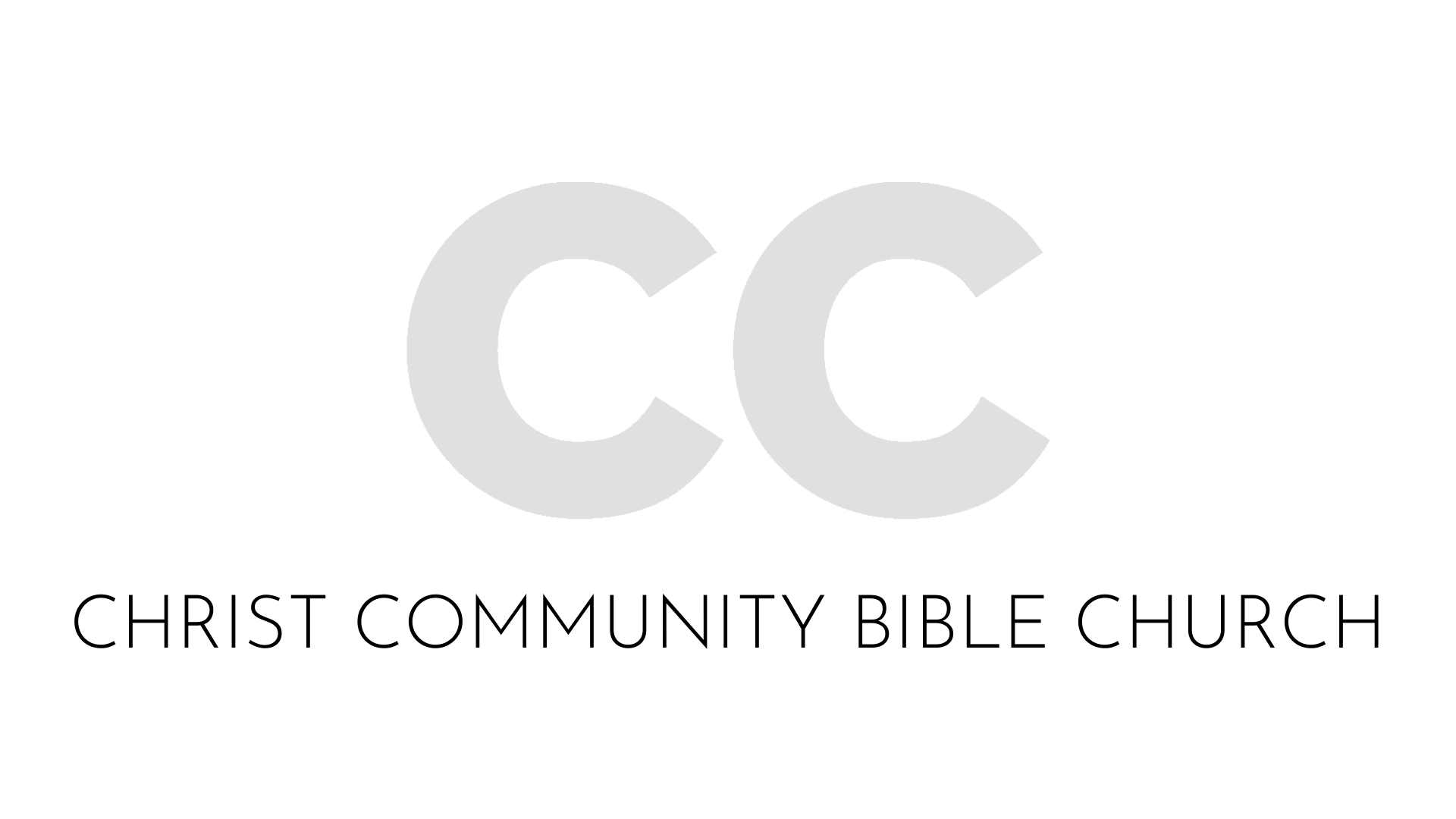

Only months ago, the church had lived in an atmosphere of joy and celebration and optimism. Now, fear gripped the hearts of many.
Down through the centuries, seeming disasters like plague and persecution have purified the church, helped us think creatively about ministries, and motivated the spread of the gospel.
The year was around AD 31, the place was Jerusalem. The believers knew that God was sovereign – after all, many had seen the resurrected Lord only a year before. But now, a Christian-hating zealot named Saul was leading a citywide campaign against The Way.
Victories like the mass conversions at Pentecost seemed long ago and far away. And soon, many believers were fleeing Jerusalem for their lives, scattering throughout the Middle East and beyond.
As we look back on that time now, we realize that what seemed like a disaster then was actually part of God’s plan as announced by the risen Lord in Acts 1:8 – that the church was to begin in Jerusalem and then scatter ultimately to “the remotest part of the earth.”
God frequently turns disasters into triumphs for his people. And that’s good news for the church during times like these, when the Coronavirus has forced us to change everything we do — our worship services, our Bible studies, home group meetings and other ministries.
Go back two weeks and look at CCBC’s growing schedule of activities – they’re all gone. Instead, we’re looking for opportunities to extend our ministries into totally new areas. Had it not been for COVID-19, would CCBC have its own YouTube channel? Would we be looking at ways to reach out and meet needs outside of the comfort zone of normal churchianity?
If you look at the history of God’s dealings with his people — beginning back in AD 31 when he scattered the flock to make sure the message went throughout the world – you’ll find many times when God turned disasters into opportunities:
- One of the first great pandemics, the Antonine plague of the second century, killed off a quarter of the Roman Empire. But Christians cared for the sick and shared a unique message – the plague was not the result of a capricious action of the Roman deities, but the product of a broken creation in revolt against the Creator. The result was a period of great church growth.
- Only a century later, the Plague of Cyprian, a disease probably related to Ebola, triggered another period of explosive church growth as believers gave the world an example of Christ’s love in a time of crisis.
- Fast forward to the time of the Reformation – that was also the time of the Bubonic plague. When it hit Wittenberg in 1527, Martin Luther refused calls to flee the city and protect himself. Instead he stayed and ministered to the sick, a refusal that cost his daughter Elizabeth her life. Luther wrote:
Yes, no one should dare leave his neighbor unless there are others who will take care of the sick in their stead and nurse them. In such cases we must respect the word of Christ, “I was sick and you did not visit me …” [Matt. 25:41–46]. According to this passage we are bound to each other in such a way that no one may forsake the other in his distress but is obliged to assist and help him as he himself would like to be helped.
Down through the centuries, seeming disasters like plague and persecution have purified the church, helped us think creatively about ministries, and motivated the spread of the gospel.
God frequently turns disasters into triumphs for his people.
Even the Christian foundations of America occurred because the established church persecuted believers, who got onto leaky wooden ships and traveled halfway around the world – not to establish a new country but to find a place where they could worship freely and live out their faith.
The church has always flourished in adversity. Even today, the gospel is spreading most successfully in Africa, the continent where the church is experiencing some of the worst persecution. The Washington Post explains:
Over the past 100 years, Christians grew from less than 10 percent of Africa’s population to its nearly 500 million today. One out of four Christians in the world presently is an Africa, and the Pew Research Center estimates that will grow to 40 percent by 2030.
These are difficult days – none of us would have chosen this environment as a way to let the light of Christ shine through the body of believers at CCBC. But God wants to use this crisis to show Himself faithful to us and to give us opportunities to show the world the love of Christ.

